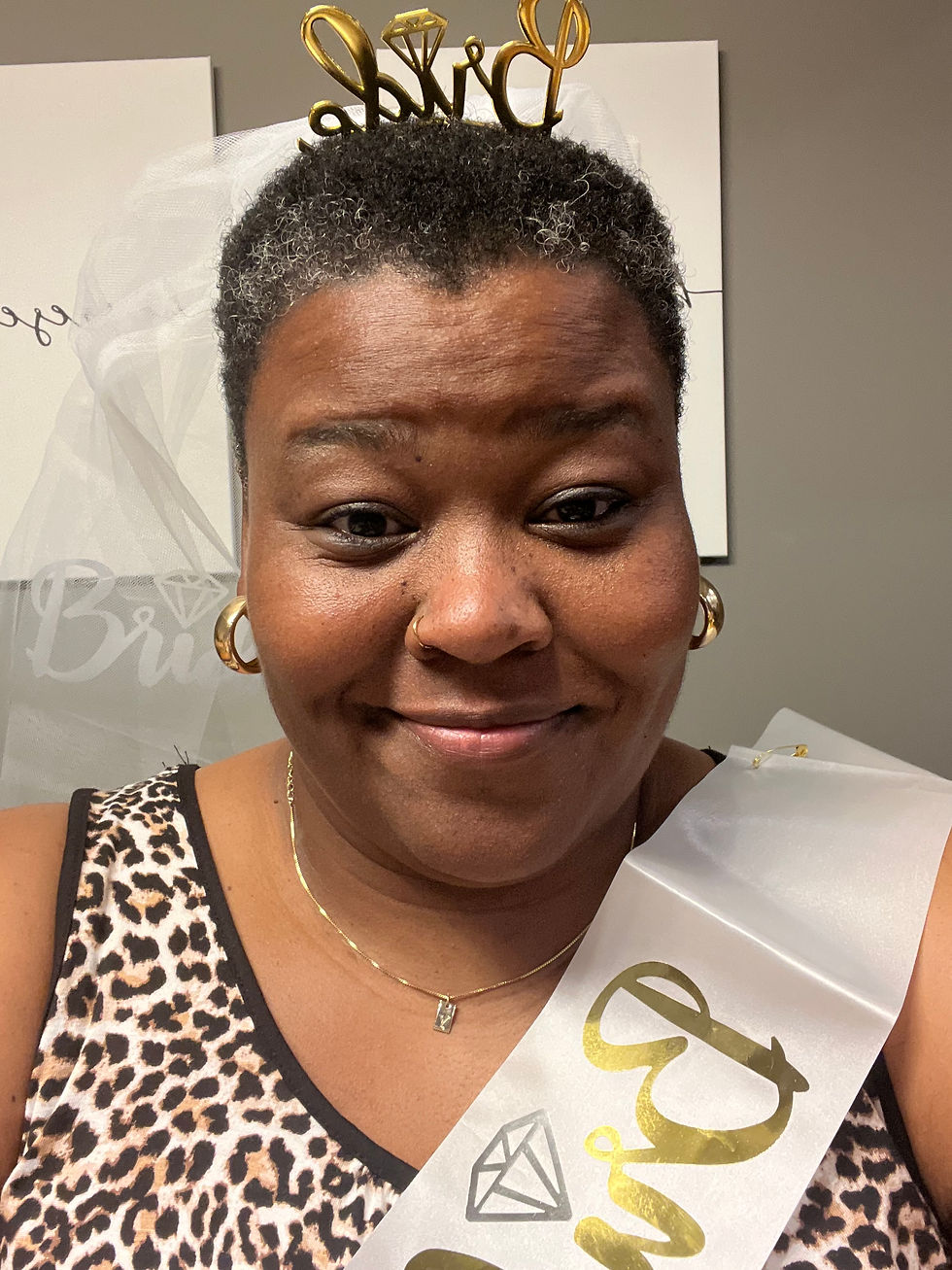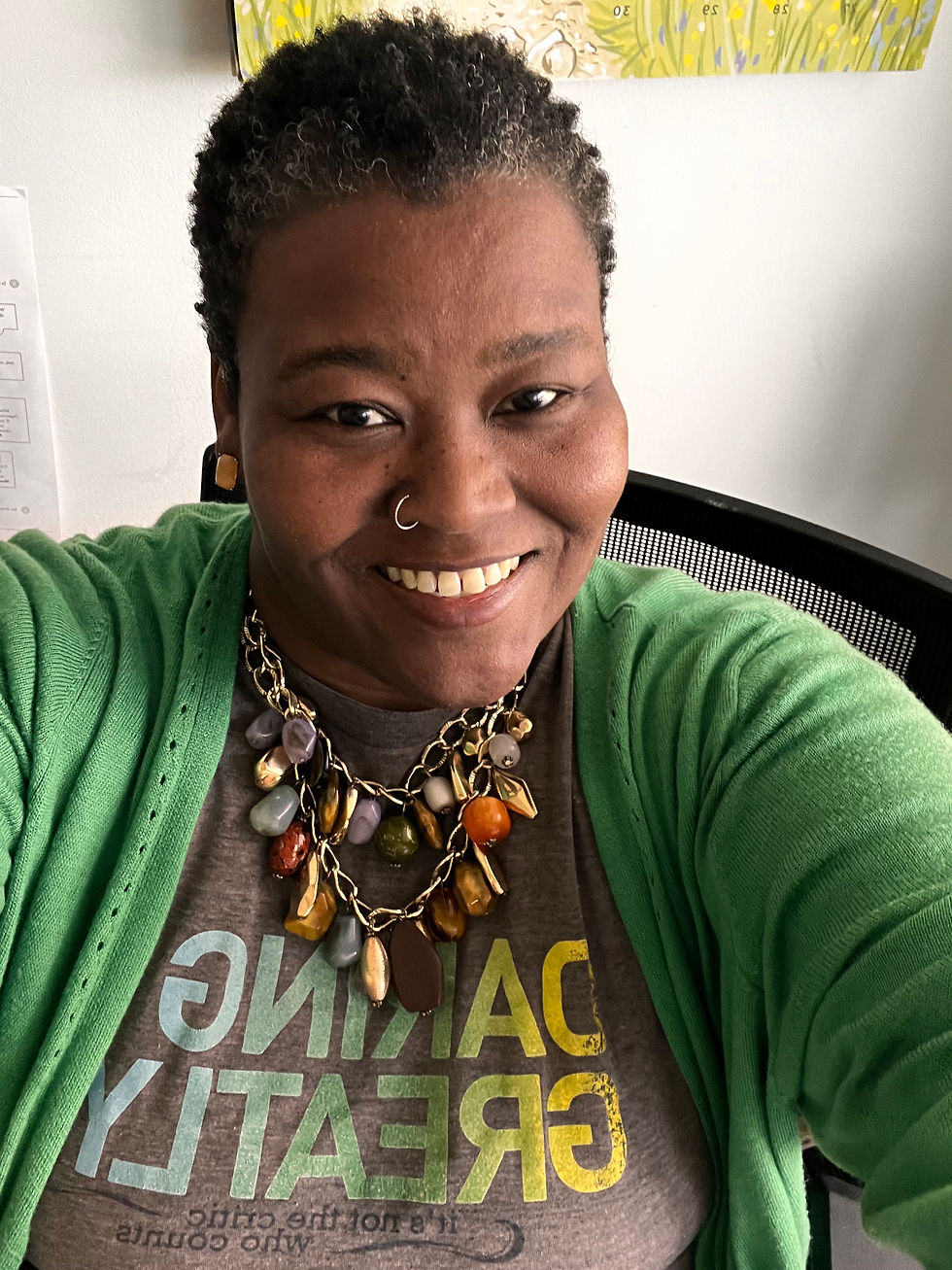Content Warning: Results From My First EQ Assessment in 2017
- Charity Goodwin

- Sep 13, 2022
- 3 min read
Unlearning what once kept you safe is perhaps one of the most courageous journeys I’ve experienced and in which I now support others. Because of past trauma and low EQ, I learned to disassociate from my body, which means I rarely knew what I felt. At the same time, I had high consequential thinking skills. This means I was analyzing my surroundings and decisions to a higher degree than I was internally feeling. For me this meant not having lots of emotional data yet applying what little I had to my situations. Where there is a lack of or insufficient information (remember emotions are data) our decisions form incompletely. In addition, I made up information. We all do this as it gives us a sense of completion. We finish the story or thought because done feels better even if the story isn’t true.
All of this was the making of some bad decision making. I often felt limited in my choices with “supposed to” language or shoulder. I had a therapist say to me often “don’t should on yourself.” Do you do this as well?
Maybe you’re at the other end of applying consequential thinking where you’re reactive. Waiting to see what balls will drop before and if making any moves yourself.
Apply Consequential Thinking (ACT) helps you assess your decisions and their effects. It is key to managing your impulses and acting intentionally (rather than reacting). It’s a process of analyzing and reflecting, using both thoughts and feelings, to identify a response that is optimal for yourself and others.
When I think of scripture and ACT so first recall the parable of builders. One who builds on sand and one who builds on rock from Mathew 7.
Leading and making decisions go hand in hand. In fact, in some ways we’re making decisions every moment. As we do so with self-management, we can lead from a place that’s solid and not sandy. What was the last leadership decision you made? How did you apply consequential thinking? Did you miss any options in your consideration?
The other competency we’re looking at is Navigate Emotions. If ACT was high for me, my NE was comparable as an area of growth. When I was told that feelings can be harnessed and transformed I laughed. There’s no way. But after learning (and I still am) to ask what would I rather feel and allowing myself to practice and recall the emotion from a different scenario, I starting to see how powerful and transformational EQ is. (Now, I have to say that if you experience depression for example, Please continue to follow your doctors orders etc. I have had seasonal depression for years and in no way am I saying EQ alone is the answer. For me it has been a helpful supplemental tool).
Definition: Assessing, harnessing, and transforming emotions as a strategic resource.
Importance: People are often told to control their emotions, to suppress feelings like anger, joy, or fear, and eliminate them from the decision- making process. However, feelings provide insight and energy; they drive decision-making and behavior – without emotion you literally cannot make decisions.
Leaders who navigate their emotions will not easily take on others’ emotions. We talk about this in ministry as self differentiation. But, they will also know what’s going on inside of themselves and this is what I think is not often taught or practiced (unless you had CPE). Perhaps we’re told to know what’s going on inside and then navigate it but really how to do either of those is something I believe the church as whole lacks and therefore our witness as integrated, healthy well being people suffers.
Peter Scazzero author of Emotionally Healthy Spirituality says that "We are no more spiritually mature than we are emotionally mature." Read that again.
Intricately linked together are a head, heart and hands. And yet for far too long in some expressions of Christianity, we’ve placed emphasis on head and hands, thinking and doing.
It’s time to lead with integrity, which at its root is about wholeness (integer).
Action Brings Clarity: Review and answer the questions in this blog.
Also sign up to practice EQ with me on Friday, September 30th at 11AM CST! We will be talking Empathy and Belonging. Sign up HERE!





Comments